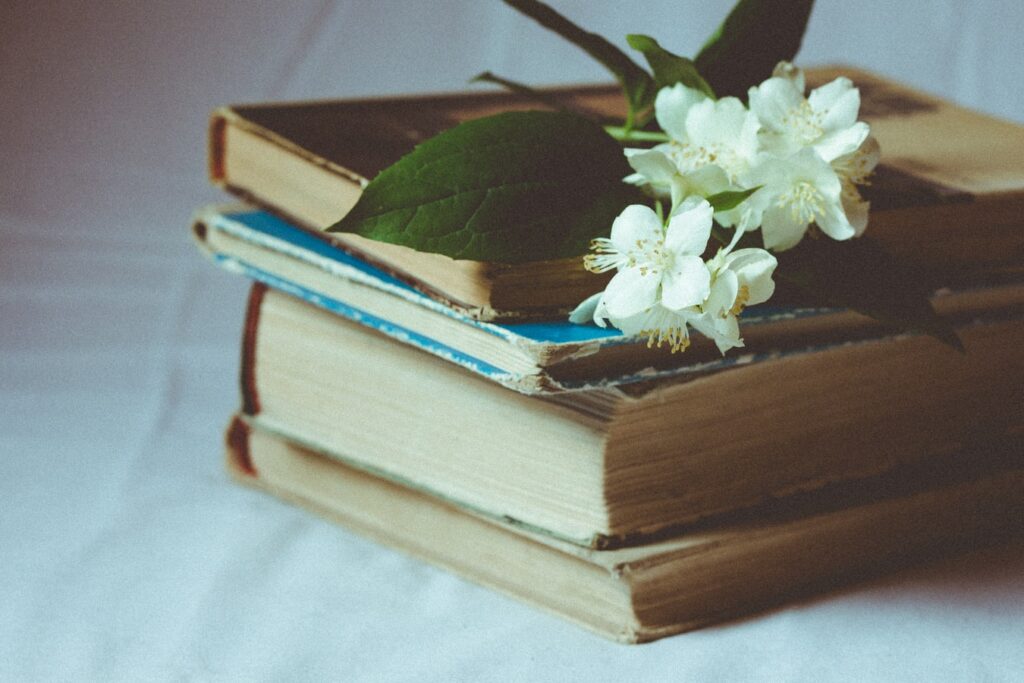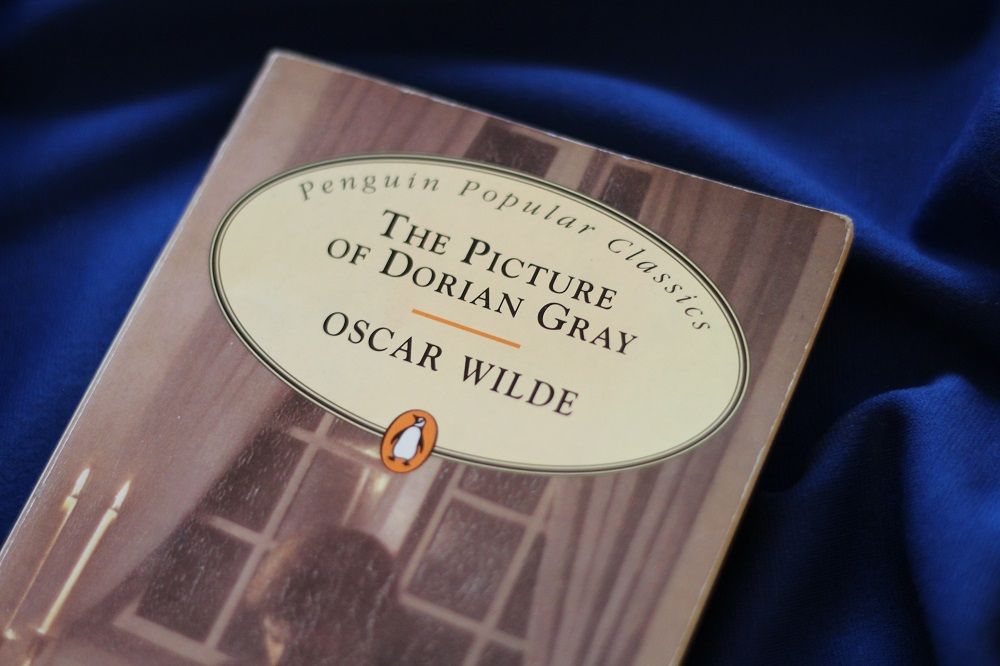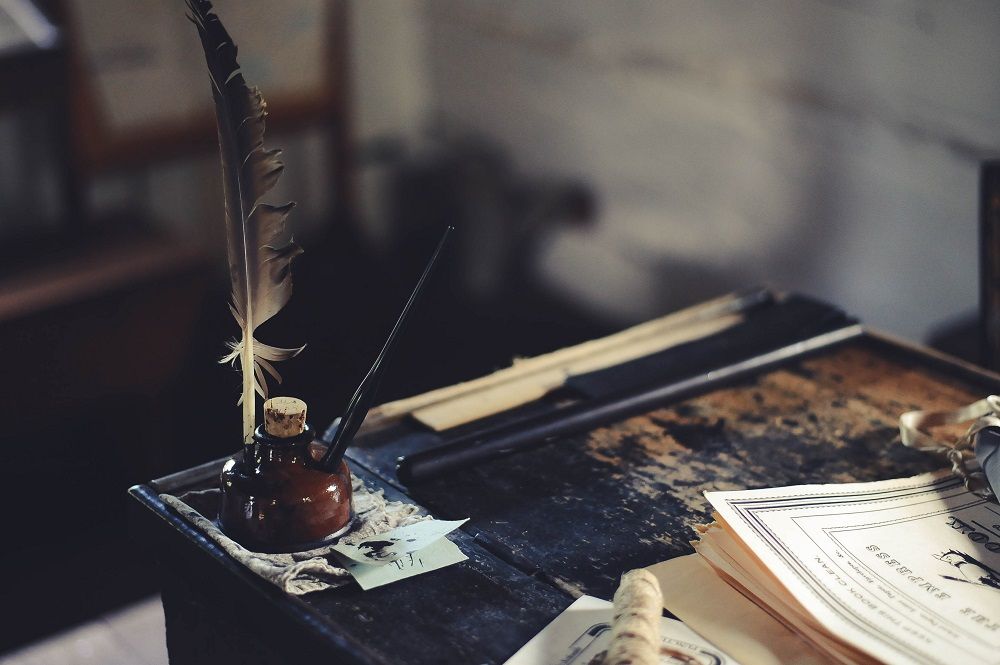10 интересных TED лекций о книгах, писателях и читателях
Вот уже, наверное, добрый десяток лет лекции TED — один из моих главных и любимых источников вдохновения и поглощения информации из первых рук. Это огромная и постоянно растущая коллекция записей от ведущих экспертов мира — моя большая любовь с первого взгляда. Сегодня хотела бы поделиться здесь подборкой лекций связанных с темой чтения и создания книг,…

Вот уже, наверное, добрый десяток лет лекции TED — один из моих главных и любимых источников вдохновения и поглощения информации из первых рук. Это огромная и постоянно растущая коллекция записей от ведущих экспертов мира — моя большая любовь с первого взгляда. Сегодня хотела бы поделиться здесь подборкой лекций связанных с темой чтения и создания книг, писательского труда, творчества и обмена знаниями. Традиционно, они все на английском языке, но в случае необходимости, вы легко можете воспользоваться субтитрами. Как и недавняя подборка видеоуроков о писателях, эта коллекция станет и хорошим источником обучающих материалов для тех, кто изучает английский. Приятного и полезного просмотра!
Меню выбора и активации субтитров находится в правом нижнем углу экрана
My year reading a book from every country in the world
by Ann Morgan
«The books I read that year opened my eyes to many things. As those who enjoy reading will know, books have an extraordinary power to take you out of yourself and into someone else’s mindset, so that, for a while at least, you look at the world through different eyes. That can be an uncomfortable experience, particularly if you’re reading a book from a culture that may have quite different values to your own. But it can also be really enlightening. Wrestling with unfamiliar ideas can help clarify your own thinking. And it can also show up blind spots in the way you might have been looking at the world.»
Why a good book is a secret door
by Mac Barnett
«Kids can get there a lot more easily than adults can, and that’s why I love writing for kids. I think kids are the best audience for serious literary fiction. When I was a kid, I was obsessed with secret door novels, things like «Narnia,» where you would open a wardrobe and go through to a magical land. And I was convinced that secret doors really did exist and I would look for them and try to go through them.»
The clues to a great story
by Andrew Stanton
«Storytelling is joke telling. It’s knowing your punchline, your ending, knowing that everything you’re saying, from the first sentence to the last, is leading to a singular goal, and ideally confirming some truth that deepens our understandings of who we are as human beings. We all love stories. We’re born for them. Stories affirm who we are. We all want affirmations that our lives have meaning. And nothing does a greater affirmation than when we connect through stories. It can cross the barriers of time, past, present and future, and allow us to experience the similarities between ourselves and through others, real and imagined.»
Wisdom from great writers on every year of life
by Joshua Prager
«We don’t simply live these patterns. We record them, too. We write them down in books, where they become narratives that we can then read and recognize. Books tell us who we’ve been, who we are, who we will be, too. So they have for millennia. As James Salter wrote, «Life passes into pages if it passes into anything.»
How books can open your mind
by Lisa Bu
«Books have given me a magic portal to connect with people of the past and the present. I know I shall never feel lonely or powerless again. Having a dream shattered really is nothing compared to what many others have suffered. I have come to believe that coming true is not the only purpose of a dream. Its most important purpose is to get us in touch with where dreams come from, where passion comes from, where happiness comes from. Even a shattered dream can do that for you.»
12 truths I learned from life and writing
by Anne Lamott
«Every writer you know writes really terrible first drafts, but they keep their butt in the chair. That’s the secret of life. That’s probably the main difference between you and them. They just do it. They do it by prearrangement with themselves. They do it as a debt of honor. They tell stories that come through them one day at a time, little by little.»
Success, failure and the drive to keep creating
by Elizabeth Gilbert
«For me, going home meant returning to the work of writing because writing was my home, because I loved writing more than I hated failing at writing, which is to say that I loved writing more than I loved my own ego, which is ultimately to say that I loved writing more than I loved myself. And that’s how I pushed through it.»
The joy of lexicography
by Erin McKean
«And so people say to me, «How do I know if a word is real?» You know, anybody who’s read a children’s book knows that love makes things real. If you love a word, use it. That makes it real. Being in the dictionary is an artificial distinction. It doesn’t make a word any more real than any other way. If you love a word, it becomes real. So if we’re not worrying about directing traffic, if we’ve transcended paper, if we are worrying less about control and more about description, then we can think of the English language as being this beautiful mobile. And any time one of those little parts of the mobile changes, is touched, any time you touch a word, you use it in a new context, you give it a new connotation, you verb it, you make the mobile move. You didn’t break it. It’s just in a new position, and that new position can be just as beautiful.»
Where does creativity hide?
by Amy Tan
«And that’s how I’ve discovered that if I feel what is in the story — in one story — then I come the closest, I think, to knowing what compassion is, to feeling that compassion. Because for everything, in that question of how things happen, it has to do with the feeling. I have to become the story in order to understand a lot of that. We’ve come to the end of the talk, and I will reveal what is in the bag, and it is the muse, and it is the things that transform in our lives, that are wonderful and stay with us. There she is.»
Designing books is no laughing matter. OK, it is.
by Chip Kidd
«Do you know what John Updike used to do the first thing when he would get a copy of one of his new books from Alfred A. Knopf? He’d smell it. Then he’d run his hand over the rag paper, and the pungent ink and the deckled edges of the pages. All those years, all those books, he never got tired of it. Now, I am all for the iPad, but trust me — smelling it will get you nowhere.»













